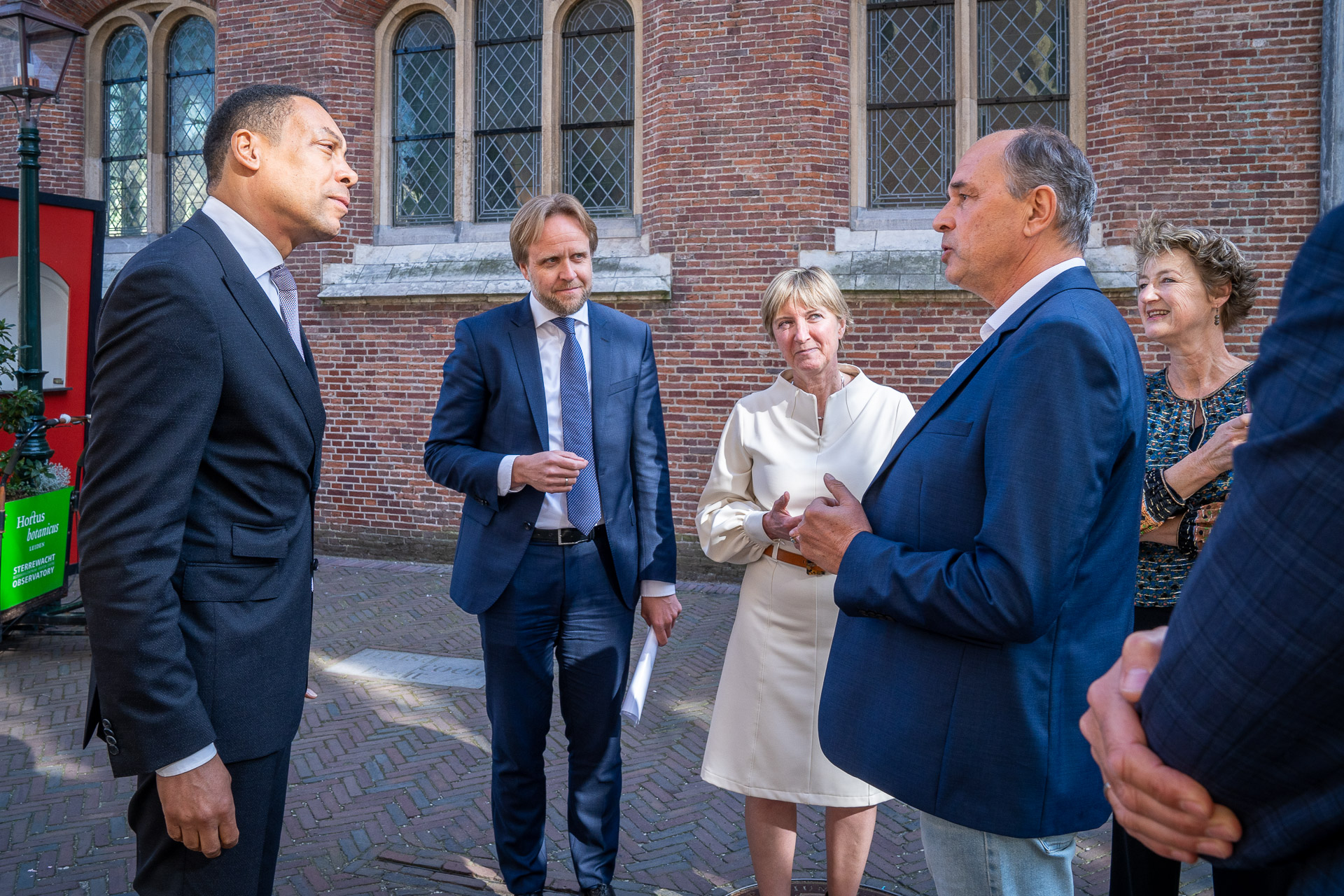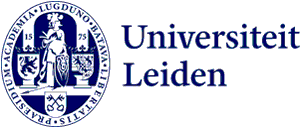
Documentary offers unique insight into the work of juvenile court judges
The documentary ‘De Stem van het Kind’ (The Voice of the Child) gives an impressive insight into the work of juvenile court judges. Documentary maker Pieter Fleury, Professor of Children’s Rights Ton Liefaard and juvenile court judge Johan Visser worked together for the past seven years to make the film possible. For the first time, judges and trainee lawyers can see how judges talk to children behind closed doors. Fleury: ‘While the parents are arguing, you can see the child fading away.’
Conversations with children give judges the chance to form an impression of the child and the child the chance to give their opinion. Judges do not receive enough training for these meetings with children, says Liefaard. ‘You are trained in the law and how to apply it. But in practice you see that much more is expected from judges. What can you do to prepare them? Much still needs to be done. That begins with showing how things work.’ That is now possible with this documentary, which is only available to trainee judges and law students from Leiden University, specifically the Master of Child Law and the Master of Laws: Advanced Studies in International Children’s Rights.
Right to be heard
The Convention on the Rights of the Child gives children the right to be heard in court cases and decisions that affect them. Liefaard: ‘All children have the right to give their opinion on matters that affect them. This film shows that this is very complex. You have to do this with the utmost care because otherwise you will damage the child.’
Juvenile court judges have a meeting of 15 to 30 minutes in which to question the child about often difficult and problematic family situations. The work is ‘upsetting and sad’ at times, says juvenile court judge at the District Court of The Hague Johan Visser. ‘As judges, we have to decide in the best interest of the child. But what is the best interest of the child? That is really tough at times because you have to decide something. You have to know the legal framework but ultimately it also comes down to your interview techniques, to assessing the behaviour of those involved. That can have quite an impact on you.’
‘Parents who make a mess of things expect the courts to sort it all out.’
The documentary shows how the judges fetch the children and talk to them in a small consultation room. The parents are not present. The judge can only tell them what has been discussed if the child consents to this. In the film, the judges reflect on their decisions and explain which interview techniques they use. The film also shows how the parents tell their story in court and sometimes clash with the judge. ‘Parents who make a mess of things expect the courts to sort it all out,’ says one of the judges in the film.
In this mess, it’s the children who pay the biggest price. Fleury: ‘I’m impressed time and again by the incredible attempt the children make to save things, while the parents are at each other’s throats. The children are in the middle and they try to bring together the people they love. That’s so dramatic. You see the judges trying to help within their means, while the parents are unable to control themselves. The judges go through this day in and day out. It’s so intense.’
Project
The documentary is part of The Voice of the Child, a film project that consists of five different films. The films were made for judiciary training, for law students from Leiden University and for judge training programmes all around the world. Because of the sensitivity of the material, the documentary cannot be shown to a wider audience.
The Netherlands is one of the few countries where judges themselves speak with children. This is a social worker or psychologist in many other countries. The age at which children are allowed to speak in court cases also differs greatly from country to country. Fleury started the project to show these international differences and help people learn from one another. ‘The idea is still to make a film in other countries and to rotate these films within universities and the judiciary,’ says Fleury.
Judge training institutions in Belgium, Italy, Spain, Portugal and France have already shown an interest in using the film material within their training programme. But there is a great need for a teaching tool like this documentary within the Netherlands too. Fleury: ‘Thanks to the collaboration with Leiden University, prospective judges and lawyers can now learn about this practice.’
Text: Tom Janssen
Photo: Screenshot from Rechtspraak.nl

The documentary The Voice of the Child was screened at a private première on Monday 28 March 2022 attended by Minister for Legal Protection Frank Weerwind, the Board of the District Court of The Hague and President of the Executive Board of Leiden University, Annetje Ottow.
Photo: Monique Shaw.
